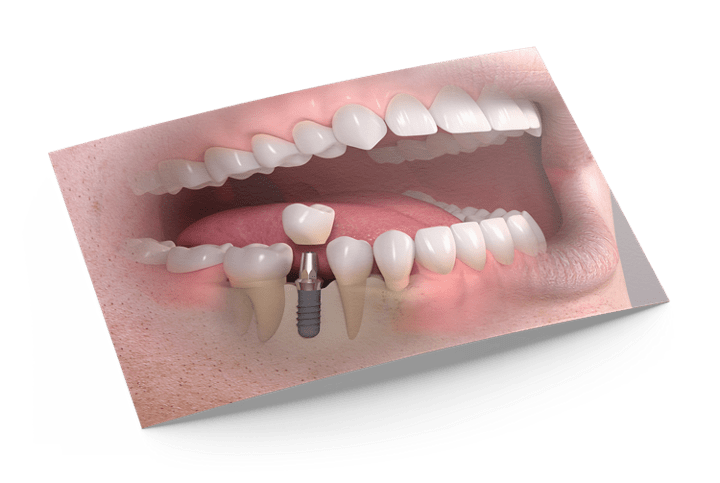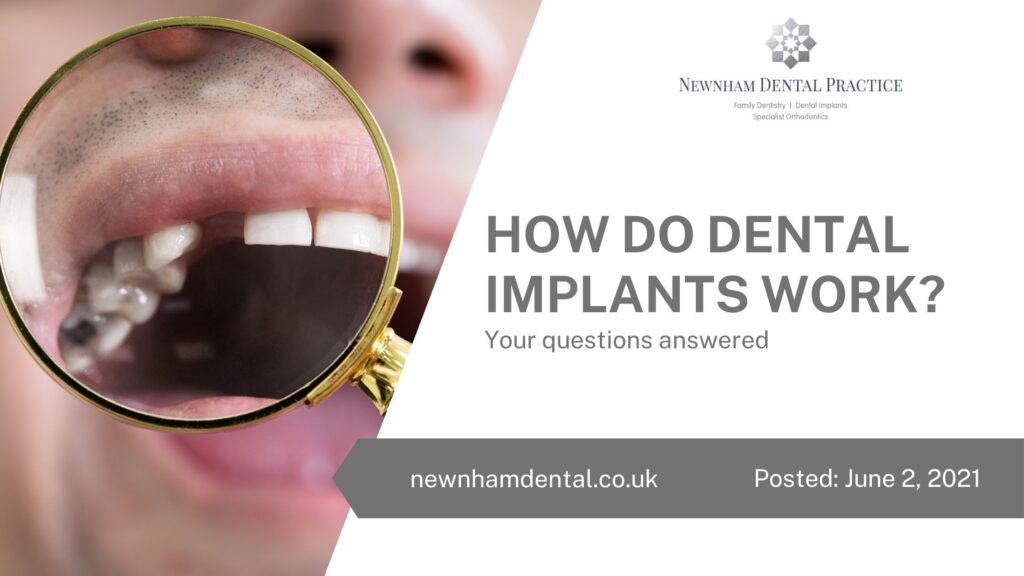If you have lost one or more natural teeth, you might be thinking about the best option for their replacement. If we compare the available tooth replacement options, dental implants are the most reliable, durable, and aesthetically pleasant option. That is why implants have become the most preferred option for replacing missing teeth worldwide. According to the American Dental Association, around five million implants are placed each year in the US alone.
If your dentist has recommended dental implants for replacing a single tooth or multiple missing teeth, and you would like to know more about how implants work and how long implants last, this article is for you. Continue reading to find out everything you need to know before getting implants.
How Long Does a Dental Implant Procedure Take?
Typically, the procedure for placing implants and replacing missing teeth with them is completed in multiple stages. During your first appointment, your dentist will perform a thorough clinical examination to ascertain whether you are a good candidate for dental implants. During the next appointment, your dentist will insert the implant and place a healing collar over it – to ensure undisturbed healing. After about four to six months, when the implant surgical site has healed completely, your implant dentist will attach a suitable prosthesis – depending on the number of the missing teeth – such as a crown, denture, or a fixed bridge, to replace your teeth.
This entire process may take anywhere between six to eight months.
Can You Be Put To Sleep For Dental Implants?
Although dental implant placement is a surgical procedure, dentists usually perform it under local anaesthesia. However, in some instances, your dentists may choose to perform implant placement under conscious sedation or general anaesthesia. For example:
- Implant insertion in physically or mentally challenged individuals who cannot sit straight on the dental chair for prolonged durations
- Extremely frightened, apprehensive, or uncooperative patients – conscious sedation is primarily used in these cases.
- When multiple implants have to be placed in a single sitting
Do Dental Implants Hurt?
Dental implant placement is a surgical procedure. However, no need to worry about pain or discomfort during the procedure. This is because your dentist will make you pain-free by administering a local anaesthetic or performing your treatment under conscious sedation or general anaesthesia. Therefore, you can rest assured that you won’t feel any pain or discomfort during the procedure.
Dental Implant Lifespan
According to the American Dental Association, dental implants will last for a lifetime if you look after them just like your own teeth – through regular brushing and flossing and timely dental checkups. Research has also shown that dental implants have a five-year success rate of more than 98.5%. Clinically, dental implants are the most long-lasting and durable tooth replacement option compared with removable dentures and fixed bridges.
How Long Do You Have To Wait Between Dental Implant Phases?
Once your dentist has inserted the implant into the bone of the jaw, they will attach a healing cap over it. The purpose of this healing cap is to ensure optimal healing of the underlying site. During the next four to six months, bone tissue will gradually grow around the implant. As a result, the implant will become firmly anchored within the jawbone. This process is called osseointegration, and it usually takes anywhere between eight weeks to six months to complete.
Can I Have Dental Implants With Receding Gums?
It is advisable to get your missing teeth replaced with implants once all the underlying medical or dental problems have been fixed. While gum recession is not an absolute contraindication to getting implants, you should seek treatment for it before implant placement. This is because gum tissue recession indicates an underlying periodontal problem. If you get implants in such a condition, the infection may spread to the bone surrounding the implant and may lead to implant failure. Fortunately, there are treatment options available that your oral surgeon can use to treat the underlying infection before implant therapy.
Will Implants Solve Severe Gum Disease?
Dental implants do not have any inherent antibacterial activity. Therefore, they cannot get rid of gum inflammation or periodontal disease. On the other hand, the success of dental implants depends on the quality and density of the underlying bone. This is because the bone supports the implant to hold the artificial teeth in place firmly. Severe gum disease results in widespread destruction of the bone of the jaw. As a result, the damaged jawbone is no longer able to hold the implant in place firmly. Therefore, dental implants must be placed only after all other dental problems have been solved.
What Does An Implant Look Like?
According to the Oral Health Foundation, an implant is a screw-like, cylindrical structure made from titanium alloys. Dental implants are surgically inserted into the jawbone, where they fuse with the surrounding bone and function as the replacement tooth roots of an artificial tooth. Dental implants also come in different lengths and sizes. Your dentist will recommend a suitable implant size for replacing your missing teeth following a clinical examination and preparation of a detailed treatment plan.

So, are you ready to transform your smile and improve your oral hygiene with dental implants? Let the qualified and experienced dentists of Newham Dental take care of all your dental needs. We use state-of-the-art technology to ensure that every patient receives the highest quality of dental services that bring the best out of their smiles. So, book an online appointment today and take your first step towards your brand-new smile with dental implants.

